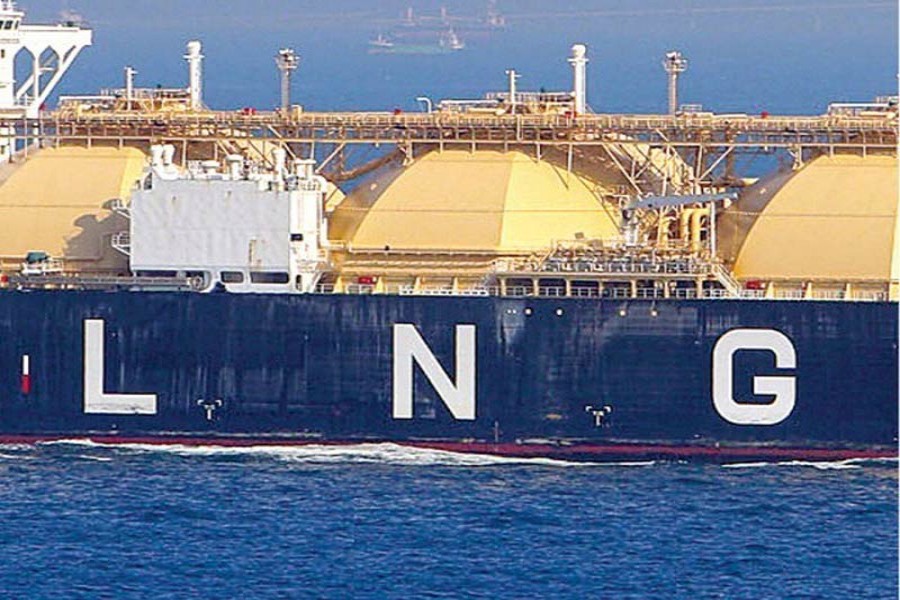Though Petrobangla has been importing bulk LNG to supply 1,000 million cubic feet per day (mmcfd) to meet shortage in gas supply, it hardly can provide 550-600 mmcfd for its constraint in pipeline facilities.
Now, the country can utilise only 60 per cent of its existing capacity to supply the imported costly liquefied natural gas (LNG), while 40 per cent remain unutilised, said insiders in the gas sector.
For this, PDB data shows, the power sector is not getting the expected gas supply resulting in 1400MW power generation keeping out of operation.
Not only the non-utilisation of capacity, but the country also has to incur huge financial losses by counting a capacity payment of about $200,000 per day to the LNG terminal operators which provide the re-gasification service to the imported LNG.
Officials at Pertrobangla and its subsidiary RPGCL, however, attributed these losses to the state-owned Gas Transmission Company Limited (GTCL) for its failure to implement two gas transmission-line projects undertaken to increase the supply facilities.
Two pipelines -- 42-inch 90-km pipeline from Moheshkhali to Anwara and 36-inch 181-km Chattogram-Feni-Bakhrabad - were undertaken by the GTCL to reach the imported LNG across the country by enhancing transmission facility.
Official data shows the Maheshkhali-Anwara project was undertaken at a cost of Tk 11.5742 billion (Tk 1157.42 crore) to implement it by December 2018. But, 40 per cent of works still remain unimplemented.
Similarly, the 181-km pipeline from Fouzdarhat of Chattogram to Bakhrabad of Cumilla was undertaken at 19.6238 billion (Tk 1962.38 crore) with a schedule to complete the work by June 2019. But, its 70 per cent works were done while 30 per cent remained undone.
Officials said the GTCL`s failure to timely implement the pipeline projects ultimately created the bottlenecks in utilising the full capacity of the private sector's re-gasification units.
Such failure has a financial cost as well, they said adding that the government has contracts with the LNG terminal operators to utilise their full capacity or else they have to pay a mandatory capacity payment as per condition of the contracts.
"Now, the government has to make a capacity payment of about $200,000 per day to the LNG terminal operators," a top official at Petrobangla said.
RPGCL managing director Quamruzzaman, which is responsible for the import and supply of LNG, admitted the capacity payment to the LNG terminal operators.
"We've to pay an amount nearly $200,000 per day," he said adding that this is not a big deal and it may happen in Bangladesh where project implementation always faces delay.
Contacted, GTCL managing director Ali Mohd Al Mamun blamed the land acquisition complexity and critical task of laying pipeline under riverbed for this delay in implementation of pipeline projects.
He said the government has to acquire land for laying pipeline which is beyond the control of the implementing agency. "We've to depend on district administration for timely land acquisition. But when it gets delayed, the whole process gets delayed," he told UNB.
Mamun hoped that the remaining works of both the pipeline projects will be completed within two-three months, reports UNB.


